Our built environment can make a big impact on our physical and mental health. In the past decade, the International WELL Building Institute™ (IWBI™) has advanced global well-being in residential and commercial spaces by providing research-based insights, education, and advocacy. Their WELL Building Standard™ version 2 (WELL v2™) organizes well-being considerations into 10 concepts: air, water, nourishment, light, movement, thermal comfort, sound, materials, mind, and community.
IWBI offers WELL™ certification for public and multifamily structures (both new and existing) and recently created an advisory group focused on applying the same principles to single-family homes. If you are looking to achieve the WELL Building Standard for your residential or commercial spaces, be aware that your window and door choices can impact many of these concepts.
Here are some tips for planning a building for better health and well-being.
Air. Mechanical ventilation, passive ventilation design, and operable windows that give access to fresh air are all important contributors to improving indoor air quality. When choosing windows and doors that support this concept, it’s helpful to consider:
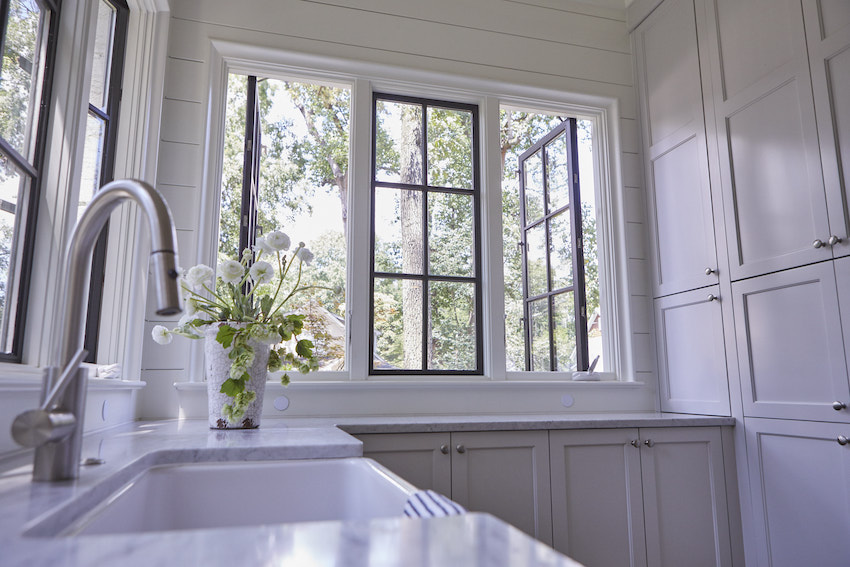
- Window operating types: Casement windows offer the most ventilation because their hinged design allows the window to swing fully open. JELD-WEN offers casements on nearly all of our window lines, as well as push-out casements on wood window lines.
- Design for ventilation: Patio doors and Dutch doors are good options for cross-ventilation, letting fresh air flow through a building.
Light. Exposure to daylight and other light at the right times helps synchronize circadian rhythms, the internal clock that helps humans sleep. When in balance, it can enhance moods, reduce depression, and improve cognitive function.

- Exterior doors: Doors with large glass openings allow more light to flow into a building.
- Windows and patio doors: EpicVue® windows and patio doors offer slim profiles and expansive, oversized glass panels that flood rooms with natural light.
- Glass options: Low-E glass in windows and doors can maximize visible light while blocking harmful UV rays.
Thermal comfort. Comfortable indoor temperatures have been shown to improve occupants’ mental state and productivity.
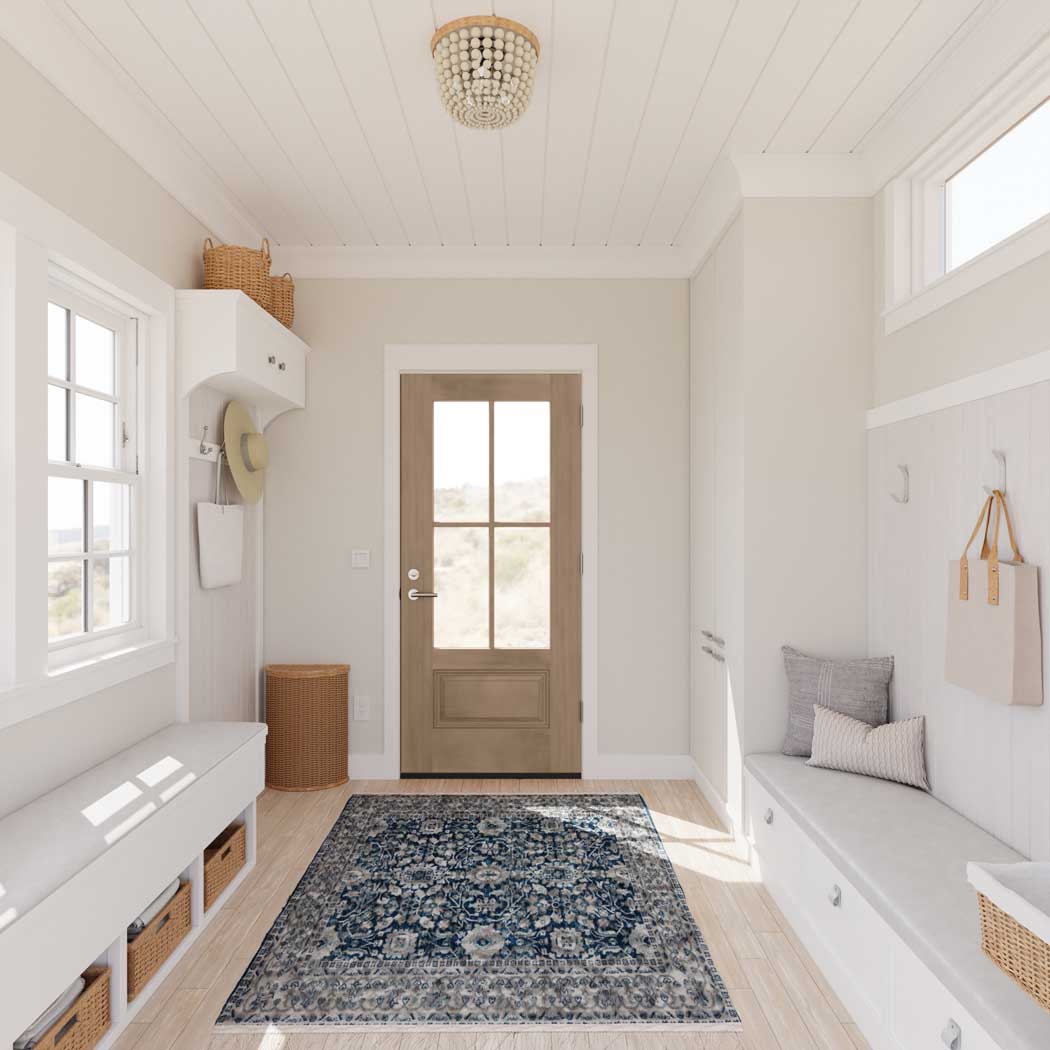
- Exterior doors: Steel and fiberglass doors with insulating foam cores are the most energy-efficient options for maintaining optimal indoor comfort.
- Windows and patio doors: Whether you want to maximize the sun’s warmth or reflect it away from the building, there’s an energy-efficient Low-E glass suited for the purpose. All JELD-WEN® windows, patio doors, and wall systems are designed with energy efficiency in mind.
Sound. Reducing noise from traffic and other outside disturbances, as well as between rooms, helps encourage sleep and relaxation, increase ease of concentration, and provide privacy for acoustic comfort. Rating systems that gauge sound transmission help when choosing doors and windows.
- Interior doors: Solid core interior doors, available in wood and wood composite, reduce sound transmission between rooms.
- Windows: Dual-pane windows with dissimilar glass can provide an exceptional sound barrier because the two thicknesses of glass block different sound frequencies. Another excellent option: triple-pane glass.
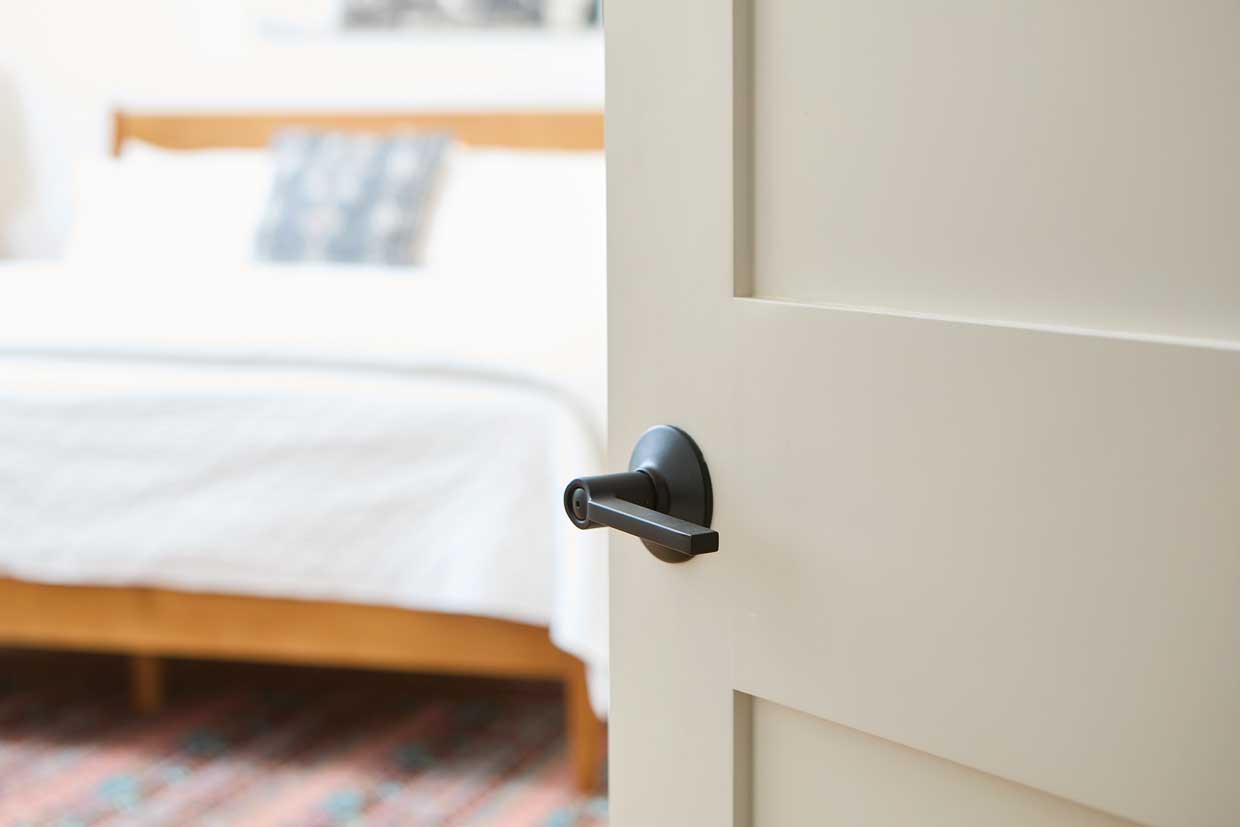
Mind. Access to natural outdoor elements has been proven to positively influence mental health, including cognitive and emotional well-being.
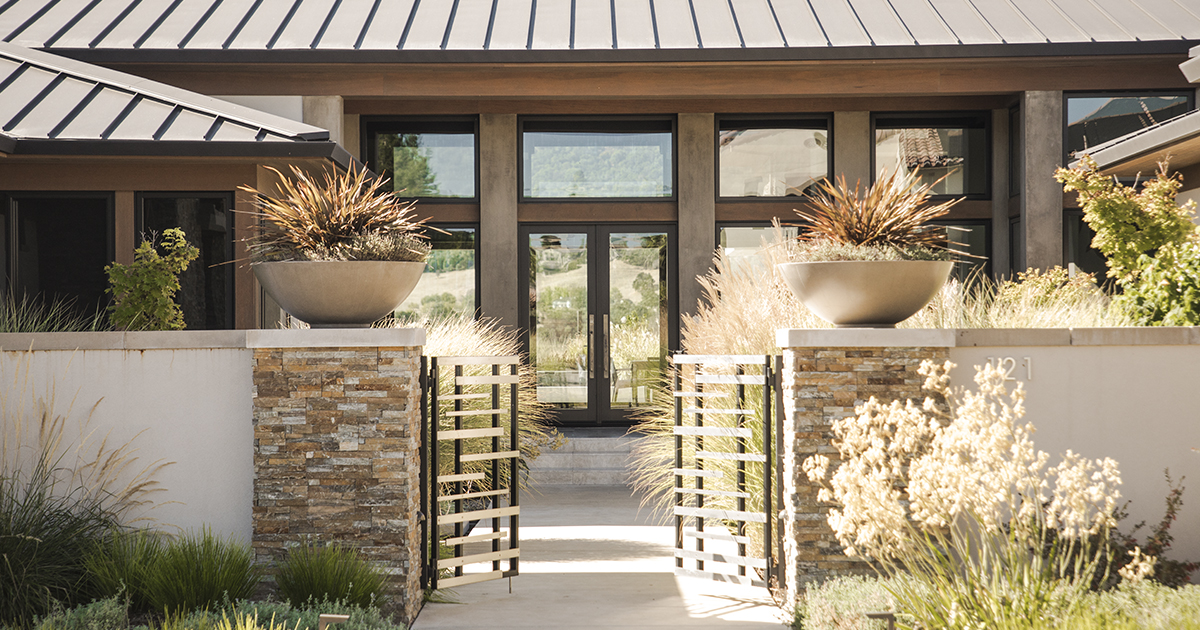
- Patio doors: Options such as folding or stacking patio doors provide larger openings for seamless indoor/outdoor living or gathering spaces.
- Windows: In addition to the slimmer sight lines and larger glass options of EpicVue, custom-built windows are another choice for creating larger windows that showcase a view of the outdoors.
- Natural aesthetics: The look and feel of window and door materials can give occupants yet another connection to nature, whether it’s real-wood windows, nature-inspired colors, or fiberglass doors with woodgrain textures and a range of stains that make them virtually indistinguishable from real wood.
Whether you want to gain credits toward certification for your project or simply want a blueprint for keeping community health in mind during the design and construction of your residential or commercial buildings, the WELL v2 standard is an effective way to consider well-being from all angles.
Find the nearest JELD-WEN dealer or retail location here.
INTERNATIONAL WELL BUILDING INSTITUTE, IWBI, WELL, WELL BUILDING STANDARD, and WELL V2 are trademarks of the International WELL Building Institute PBC.

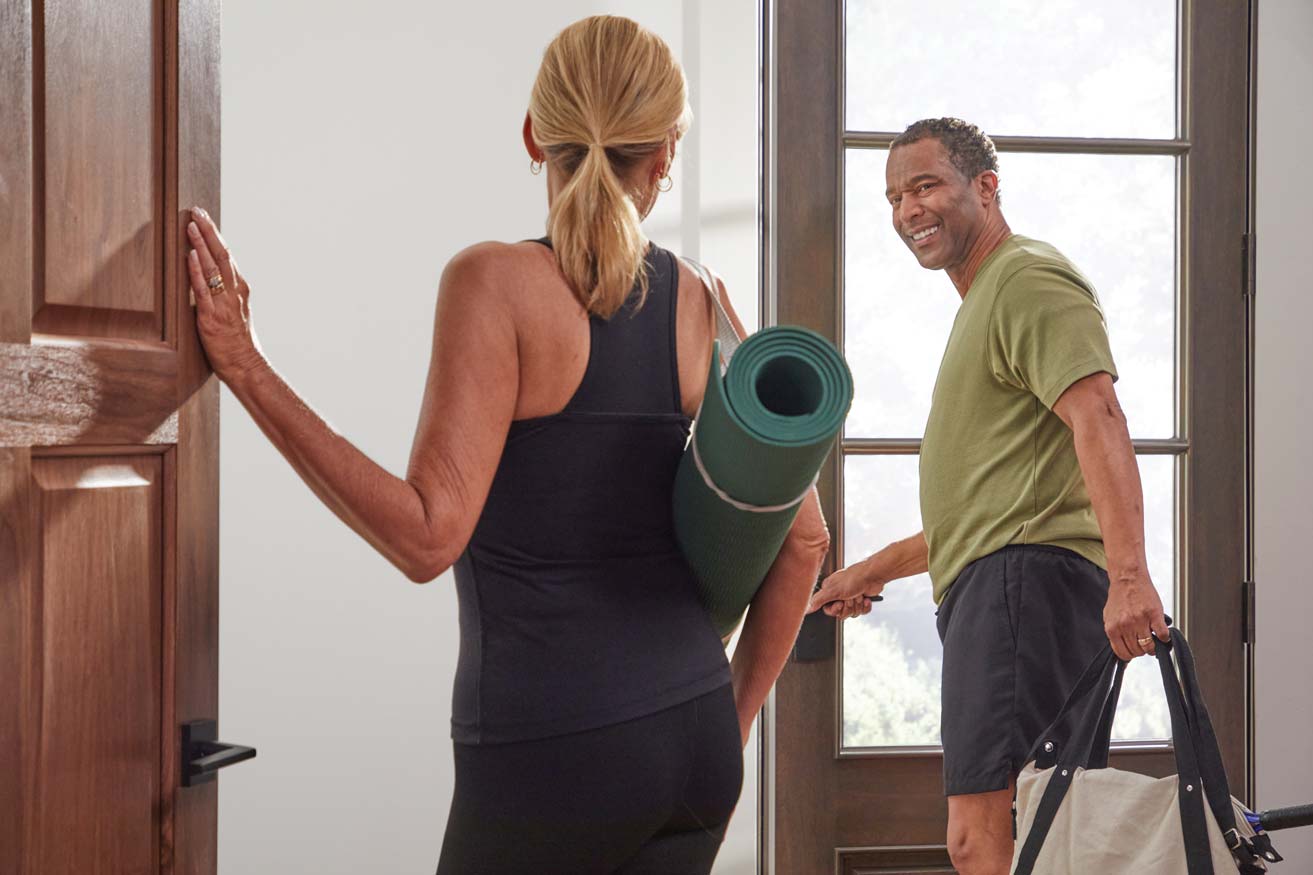
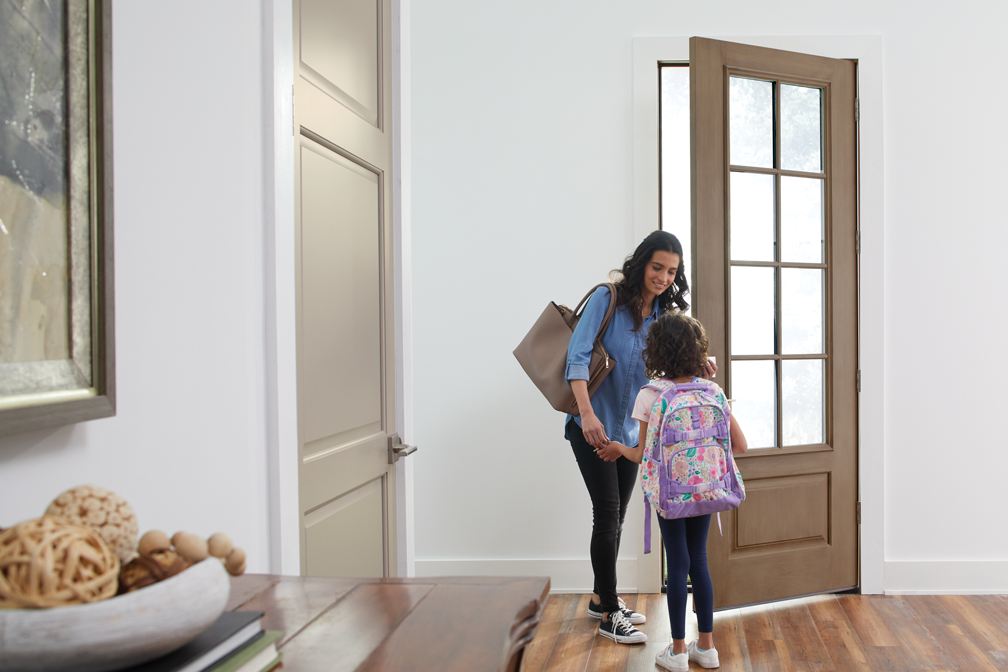
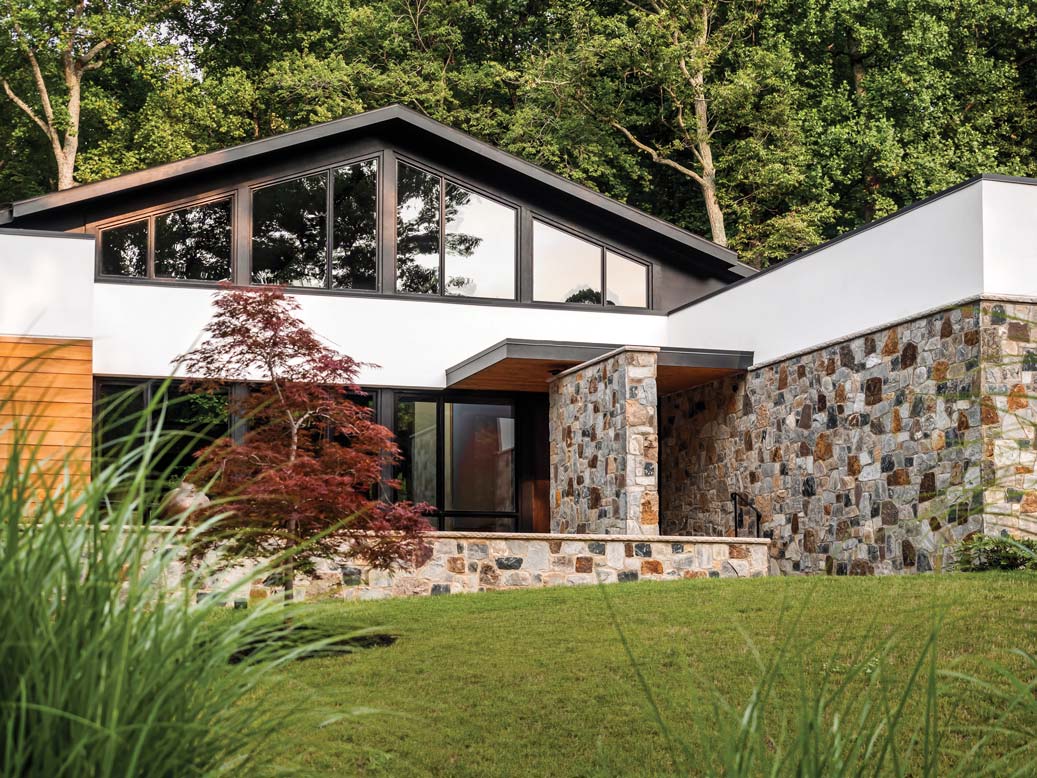
Comments are closed.